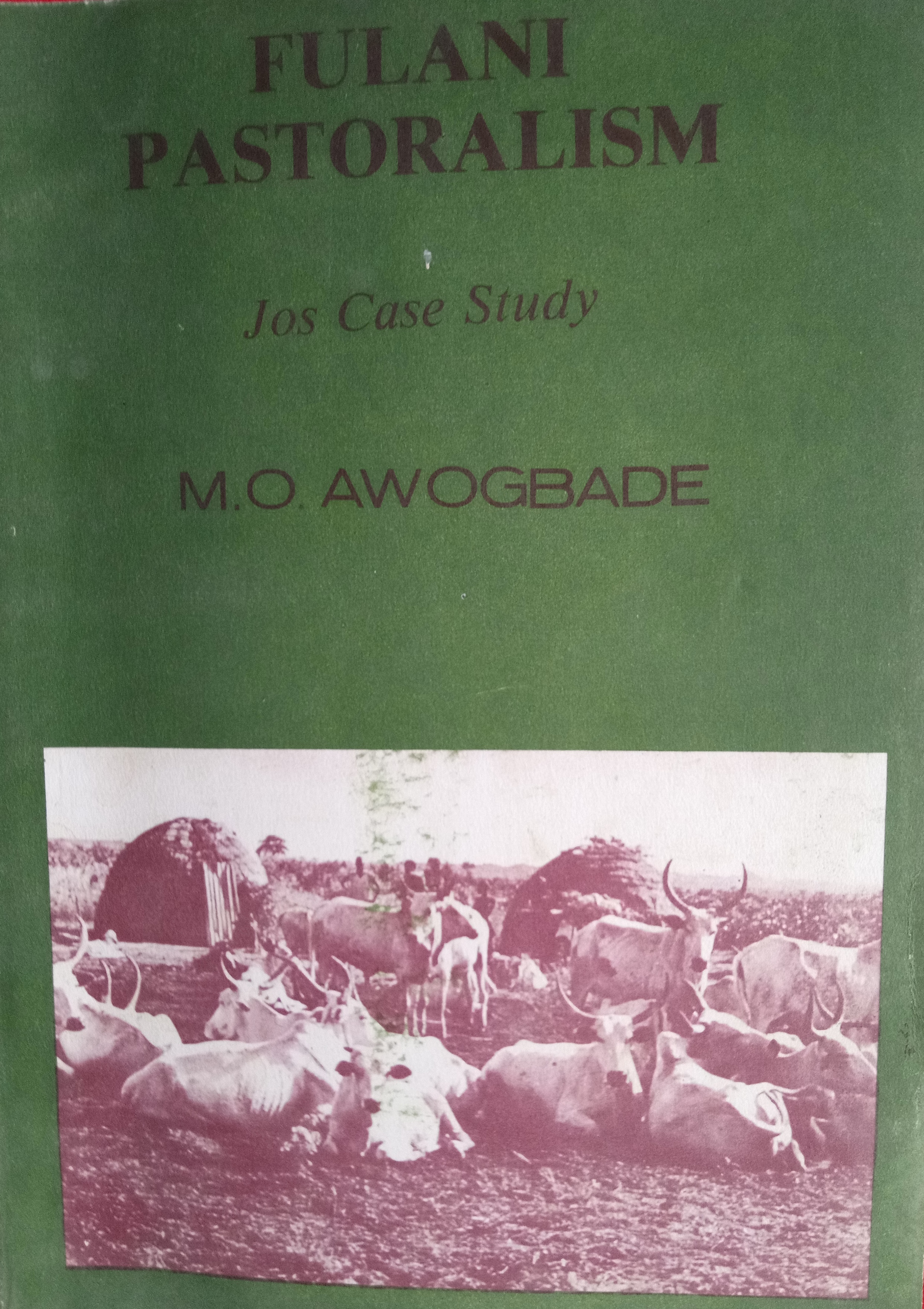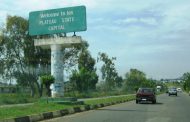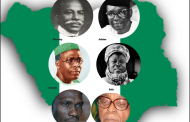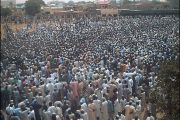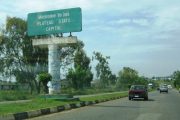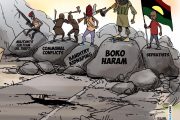Northern Nigeria has about 70 % or even more of the total land mass of Nigeria. Against that background, does it make sense for Prof Ango Abdullahi or anybody for that matter to think that the Southern part of the country which has just about 30% of the country’s landmass has nothing to be resentful about intrusive roaming of cattle, sheep and goats in that part of the country? In what way does Prof Ango Abdullahi’s announcement recalling herders of Northern origin from the South give the North the moral high ground that comes from its erstwhile ability for calm sensitivity to genuine feelings of others? What is promotional of the North’s interest in sending a signal of annoyance over an issue that could be a subject of elders’ dialogue session from the two regions? Failure to do so in this case is nothing but showcasing inability to transcend sentiments where commonsense is required.
Granted that the language of engagement on the pastoralist controversy has featured more heat than light, that should not close everyone’s eyes to the more fundamental question of whether herders from the North should still be seeking water and green materials in the South in the first case. Not with the water endowment of North from rivers such as Niger, Benue, Gongola, Rima, Hadeijia and so on to plenitude of underground water, rains and the natural ponds called Tafki.
By now, the North should have even successfully halted the desert from encroaching on the region as doing so requires nothing beyond the routinisation of planting and nurturing of trees across the North. It takes nothing other than quality leadership, from the local governments to the centre. That is how it has been possible for the Southern part of Niger Republic which borders Northern Nigeria to have tree beds which no one is allowed to trifle with in that country. Unfortunately, this is not the case in Northern Nigeria. Why?
It must be borne in mind that land and water are some of the hottest conflict issues in the contemporary world, partly because land is fixed in supply and partly because almost every other thing depends on it. It is, therefore, just NOT correct to conclude that reservations in the South about current grazing practices fits into what is believed to be a legacy of constant harassment of the North by that region.
Herdsmen are a problem for farmers everywhere. All those who were part of the Government of Jigawa State between 2007 and 2012, for example, will find it difficult to forget how problematic it was. It was no less in the mid 1990s in that and surrounding states, involving loss of lives most of the time. There is no point pretending this is not the case. And the answer is not in emotive responses such as asking herdsmen of Northern origin to return to ‘homeland’. The way forward is to find answers that consolidate the region’s comparative advantage in livestock.
In any case, other than a serious case of elite failure, why should herdsmen still be roaming about with herds in modern Nigeria? There is nothing natural or Fulani about it. It is simply that the regional elite which should have been creatively thinking and re-thinking for other groups in the society has not been doing that. Otherwise, by now, that form of farming would have been history. That is not happening because, except Prof Jubril Aminu and his idea of Nomadic Education, the rest of the elite give others the impression it is natural to the Fulani pastoralists to be roaming about. And when modernization and land consciousness are threatening pastoralism, the same elite comes up to pose as defenders of ‘Fulani way of life’. Roaming with cattle is not a Fulani way of life. It was the form of farming that was practicable at a certain time but which OUGHT to be no longer the case simply because it is no longer useful to anyone, including the herders. Just as a set of radical governors in the North abrogated Haraji and Jangali tax, so should another set have emerged with a manifesto for modernizing pastoralism. Alas, none did.
That is a unique elite failure and there is need to reverse it as a matter of developmental priority. It is not rocket science and it takes nothing in human and material terms to accomplish. It is all about stopping the environment from degenerating partly due to practices that favour massive deforestation.
The challenge here is that of reflections and reflexivity in the North, not that of unproductive bickering with other regions on issues the North may not be on moral high ground. A region with the poverty profile and degree of ethno-religious, class, inter-party and gender bitterness as the North today ought to be thinking about more serious option on re-building trust and on pathways to progress.

